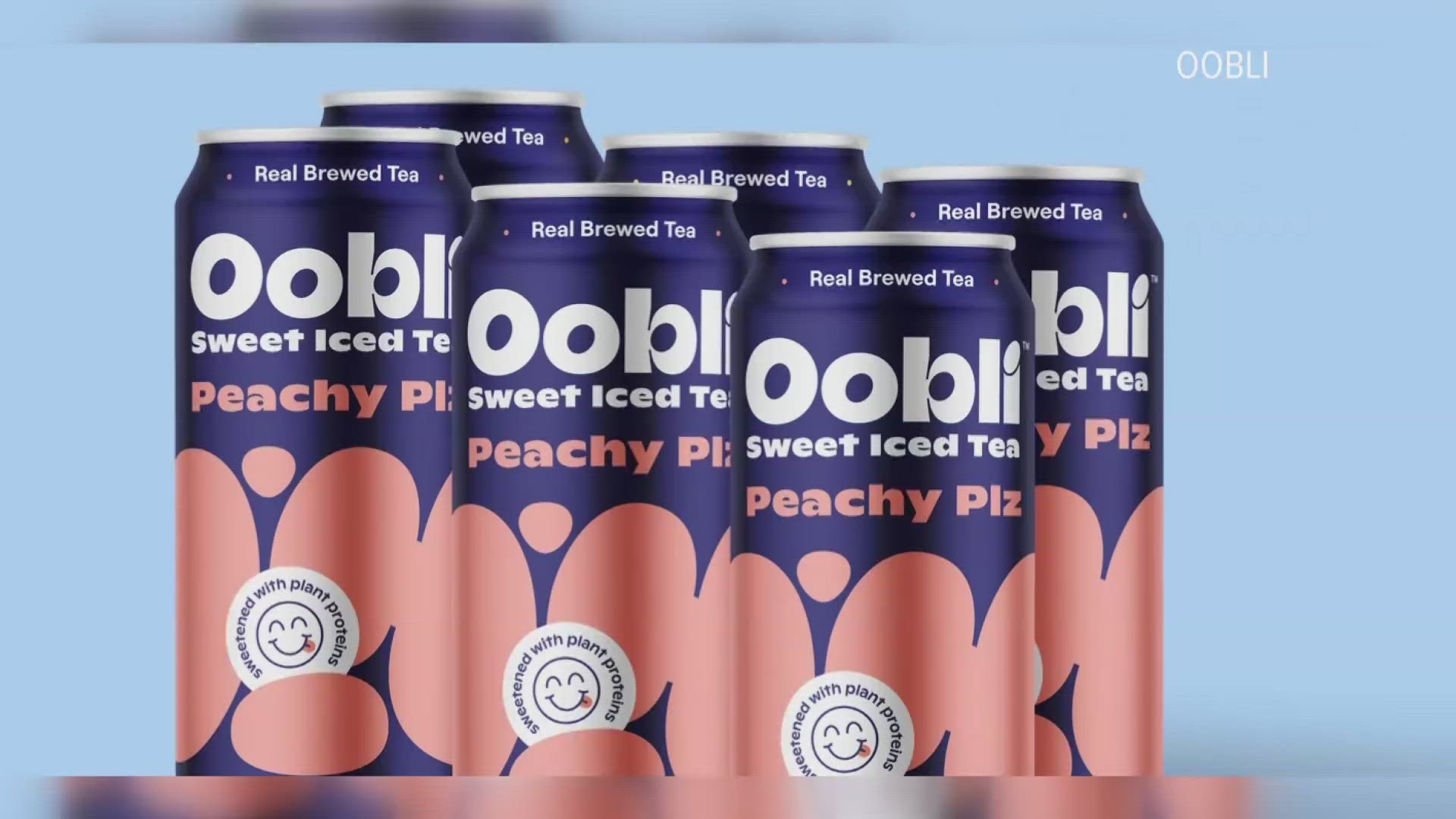DAVIS, Calif. — Recently the World Health Organization issued a warning about aspartame. It says the artificial sugar could be linked to cancer.
Sugar is something people all over the world struggle with. Research shows 74% of Americans are trying to cut back, but not succeeding. Too much sugar can lead to chronic conditions like diabetes and obesity. Oobli, a Davis-based company, believes it has a solution.
Chief Technology Officer and Co-Founder Jason Ryder came across plants with sweet protein while he was helping a friend near the equator. That friend had a loved one with cancer and they determined these sweet proteins, which are thousands of times sweeter than sugar, could help her regain the taste she lost during chemotherapy.
"I took a look at plants and said I don't think these can work for production, but instead we turned to fermentation as a solution," Ryder said. "This is a revolutionary way to experience sweetness in a healthy way."
CEO Ali Wing says housing the lab in Davis allows them to have the best of agriculture and technology in one home.
"Davis is the little mecca of biotechnology and food technology. Between UC Davis and Berkeley is sort of the corridor of some of the best talent not only in the U.S. but in the world," Wing said.
Oobli produces teas and chocolates in a variety of flavors. Wing says one of the reasons it started with teas is because drinks are one of the largest ways people consume sugar. She said cutting it out of your diet can be confusing. Oobli hopes to simplify it all.
"Every one of those sugar alternatives of today shows up in one category of how it shows up in your body. They're in the form of a carbohydrate. What that means for you is they act as a small molecule in your body and they actually move through your digestion very differently than proteins do. Proteins on the other hand are 50% the weight of your body, your body is used to digesting, we're better at digesting proteins than anything," Wing said.
Oobli is FDA-approved and launched for the first time this summer. You can find its products in about a dozen retailers across the area. It's also produced commercially in Mexico and Europe. Wing said you can expect to see it everywhere in 2024.
Watch more on ABC10



















